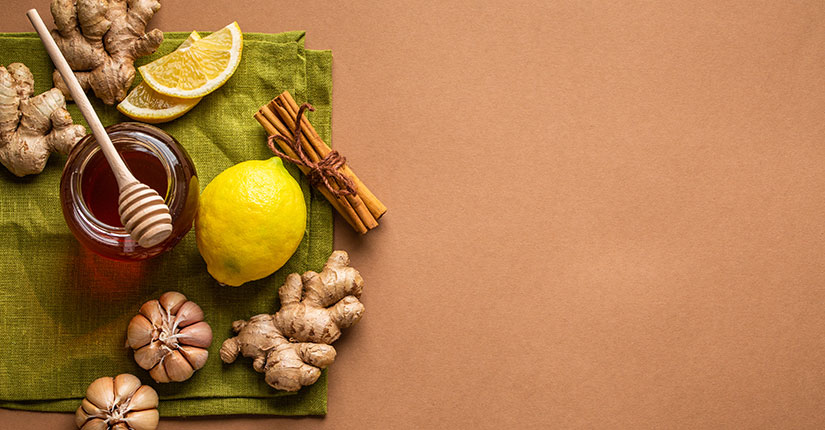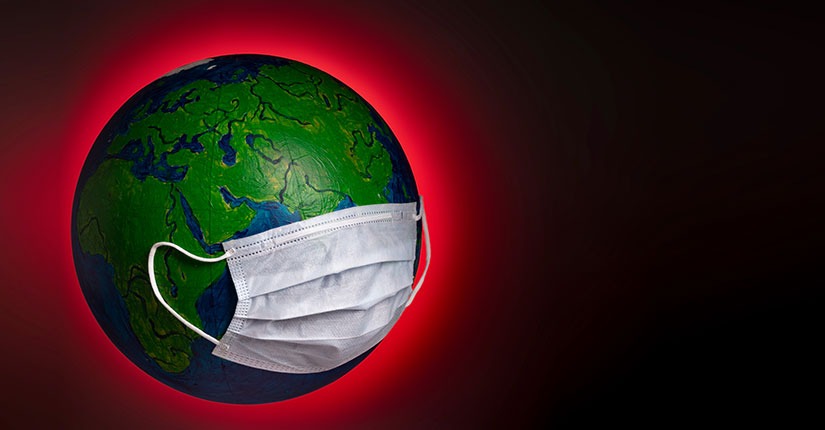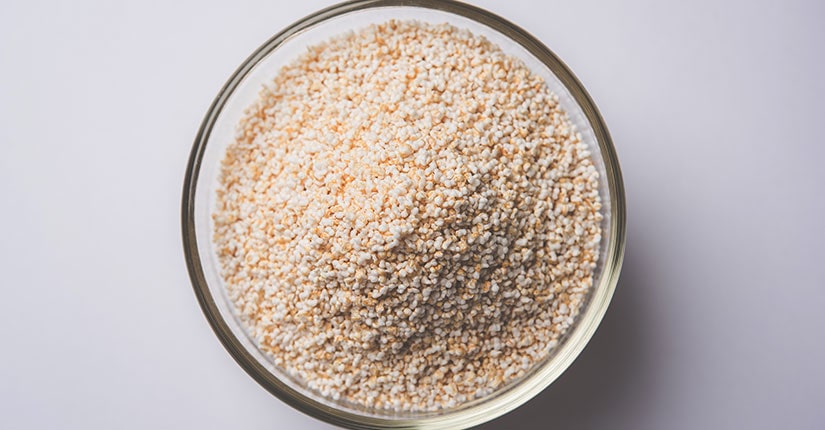Collagen Trend Buzz- Everything You Need to Know About
By Nmami Life Editorial 09-Aug 2021 Reading Time: 7 Mins

From being a part of cosmetics to food trends, lately collagen buzz has been around us. Available in standard sachets for consumption or used as injectable filler for external use, people are getting collagen into their diet too. Some are adding it to their smoothies; some are brewing it with their coffee while others are simply adding it to their water to keep sipping during workout sessions. The market is also overloaded with collagen supplements with a range of products like collagen supplement workout bar and fancy collagen pills. Collagen isn’t new but it has been a part of our skin and joints since humans existed but the ingredients recently became a part of one of the biggest wellness trends.
Before you invest your money into these products, we’ll help you understand the truth about collagen and collagen supplement:
About Collagen
Amino acids are the building blocks of all proteins in our body, and four amino acids contribute specifically to the production of healthy connective tissue, including the extracellular skin matrix. Collagen is the main structural protein in humans and other mammals. It is made up of four amino acids: glycine, proline, hydroxyproline and arginine.
Role of collagen for healthy skin and overall health
- Collagen provides structure to different features and acts as a bit of a scaffold. It’s found in cartilage, which is between our joints; it’s found in tendons and ligaments; in the membranes and things around our organs to help keep things in the right place.
- Collagen fibres are very tightly packed together in skin during our younger period of life. As we age, our body produces less natural collagen, which can lead to joint pain, cellulite, saggy skin, fine lines and wrinkles. Our skin heals from injury more slowly with age, due in part, to lower collagen levels.
- Collagen acts as the “glue” that holds every part of our body together.
- Collagen is also helpful in protecting your gut lining.
From where did the trend start?
Anna Lahey witnessed the trend six years ago on a holiday in Japan. In fact, women there have been using marine collagen for over 300 years. It’s part of their daily diet and people go to a restaurant and have their meal infused with collagen; collagen’s easily available in supermarkets. She brought some collagen powder home and saw “amazing” results over a year of using it herself. She noticed stronger nails, better skin and a reduction in the hair loss which she used to struggle with since her teens. After sharing about this new wonder product to her friends and family, Lahey co-launched a marine collagen range – Vida Glow – into the Australian market in 2014. The brand is flourishing as it now ships worldwide. Japan and South Korea are ahead of other markets when it comes to collagen foods, supplements and cosmetic products.
How can we derive collagen from diet?
Collagen, derived from consuming through a protein-rich diet. These foods include eggs, dairy, fish, and meat.
The dietary collagen gets broken down into its more simple constituents (the four amino acids, mentioned above) during the digestion process. There are not much vegan sources of natural collagen, but many of the amino acids needed for collagen production in the body can be found in the following foods:
- Cruciferous veggies (kale, cauliflower, broccoli)
- Legumes (beans and lentils, including fermented soy products such as seitan and tempeh)
- Pseudograins (quinoa)
- Nuts and seeds (pistachios, pumpkin seeds)
- Foods rich in vitamin C (citrus fruits like sweet lime and lemon, bell peppers)
Make sure to have a balanced diet as it requires a more diverse list of foods to get adequate amino acids from fruits and vegetables.
Over to you
As for whether ingested collagen helps in building a happier gut and skin, there is still more to be explored and researches are carried out. As of now, what studies show is collagen having no negative effects but one should remember that dietary supplements are not some magic bullets or cannot be a replacement for natural fresh sources of food. It is advisable to consult a doctor before consumption of collagen supplement and we hope you don’t get caught up confused with the marketing tricks and the science and facts.


















